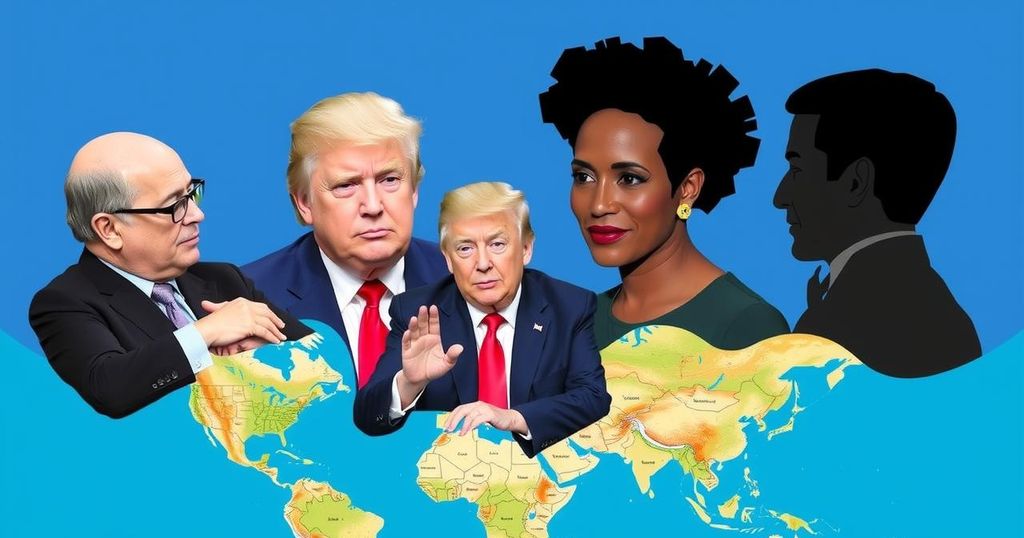Global Leaders’ Absence at COP29 Sparks Concern Amid Climate Crisis
Amid a pressing climate crisis, key global leaders have chosen to skip the COP climate conference this year. Notable absentees include Papua New Guinea, which boycotted in protest, and Argentina, where the president withdrew delegations. Despite attendance from various G20 nations, significant no-shows raise concerns about commitment levels to address climate emergencies effectively.
The ongoing climate crisis necessitates urgent collective action from global leaders, particularly at the annual COP climate conference. However, this year, some important nations have chosen to abstain from participation. Notably, Papua New Guinea’s Prime Minister James Marape announced a boycott, criticizing industrialized nations for their inadequate support to vulnerable countries affected by climate change.
Additionally, Argentina recently withdrew its delegation under newly elected President Javier Milei, known for denying climate change. Despite significant absences, many G20 states, including the United States and China, still sent representatives, although notable figures from countries like France decided to boycott due to diplomatic disputes.
As climate-induced disasters escalate, the absence of leaders raises concerns about the commitment to impactful climate negotiations. The gaps left by non-attending leaders may hinder progress at this pivotal conference aimed at addressing the global climate emergency.
The Conference of the Parties (COP) has been a central venue for international discussions on climate change, where leaders, scientists, and advocates converge to address escalating environmental challenges. As nations grapple with the consequences of climate change, from devastating natural disasters to socio-economic impacts, the significance of the COP gathering has never been more paramount. The recent decision by some countries to withdraw from active participation at COP29 highlights a complex interplay of protest, political ideologies, and emerging leadership priorities that threaten to disrupt collaborative efforts at a time when unity is essential.
The decision by various world leaders to skip this year’s COP conference underscores a troubling trend in international climate diplomacy. As Prime Minister Marape of Papua New Guinea articulated, the lack of action from developed nations towards financial support and acknowledgment of their carbon footprint reflects a growing frustration among vulnerable nations. Moreover, the withdrawal of Argentina’s delegates and the boycott by France’s climate officials illustrate the political tensions and challenges faced in uniting global leaders against the climate crisis. Collectively, these actions pose risks to achieving meaningful outcomes in the ongoing fight against climate change.
Original Source: abcnews.go.com




Post Comment